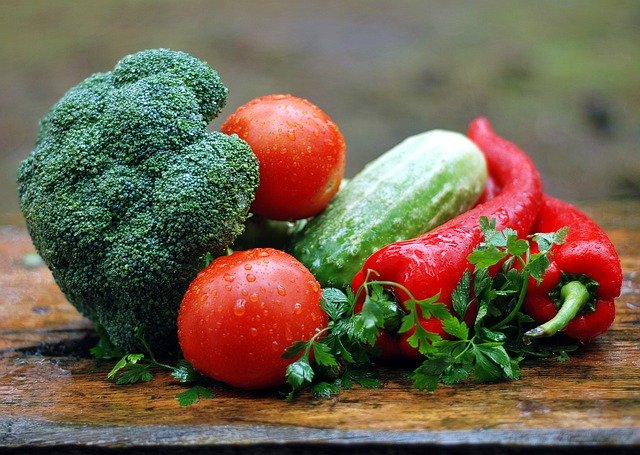For a while now, there has been a heated debate about sustainability – can we really preserve mother nature and tackle global warming by changing our eating habits. Most dispiritingly, Harvard scientists told us that we can eat less than an egg a week to save the planet.
Now, this seems like a very tough price to pay, and especially when managing our food intake in the grams is a challenge in itself and definitely something to consider when you have the free time – but who does?
With this being said, it’s also important to note that sticking to the ‘Plate the Planet’ diet, you will also be saving 11 million lives a year – this is no joke. We can change our dietary habits and completely revolutionize how we interact and affect the environment.
The Success of Eco-friendly Diet
For this to be successful, though, countries need to be economically strong. You see, a country where people are considered poor won’t be able to cherry-pick what they eat. In most cases, they will just eat because that’s pretty much what they have.
But the truth is, things never have to be all about us eating specific foods. Smaller countries that have plenty of arable lands and know how to farm and use it will definitely be at an advantage. After all, a small population and plenty of lands would allow pretty much any country to farm the land and produced a well-balanced diet of meat, vegetables, dairy and more.
You see, there is no issue there. Yet, to enforce this, people need to also give up on some fruit and vegetables, as well as import meat. If salmon isn’t caught readily in your waters, you might want to avoid it, because it has been overfished.
If an avocado isn’t something grown in your region – which it most likely won’t be, then eating one avocado every two weeks might be your absolute maximum you want to do. Other than that, you will want to remind yourself that some food is more readily available to your country.

For example, dairy products are generally bad for the environment, but if you live in a low-populated country with big land, then a diary may not be an issue. On the flipside, in places like the United States, people are consuming too much meat and dairy as this is a staple – the burger is the stuff of life, Americans would say.
Yet, everyone should adjust their diet to the environment’s needs, but more importantly – to what food is available locally. Some food would still need to be shipped of course, but creating a less ‘globalized food industry’ would mean that people wouldn’t have as much of an impact on the environment.
Even an overweight 90 kilos man probably needs just about 2,000 – 2,500 good calories a day, or less, and this is less than one kilogram of food a day. It’s really no biggie and as long as you watch out and use good calories in your diet, things should be okay.
You can further help the environment by cutting out all unnecessary purchases, such as snacks, sauces – which are some of the worst things you can eat in the first place – and others.
Helping the Environment Through One’s Work
Believe it or not, you can be helping even now. Need to hop out of the house for five minutes? Perhaps you needn’t take a car after all? Many locksmith experts, for instance, prefer to ride a bike to the place where they have to do a job – simple as that. When you book a service with an established company such as 247locksmithsnearme.com, the experts will usually arrive on the back of a bike, as long as it doesn’t take them too long of course.
Sometimes cars are an absolute necessity, but the truth is, you can still manage your car time well. Some people would have to burn through $2,000 of gas while other people could last on $300 for the entire year. The key is to always keep yourself active. Some people just don’t mind hopping out of the house on a bike, as it’s much cheaper and when considering the awful traffic, it could be equally handy.
Nobody really wants to harm the environment. When we do, we do so out not of malice – but rather convenience. We don’t have time to examine under the microscope or consider what we do to the environment with our cars. After all, we have responsibilities and we have to make ends meet. As long as we are consciously doing our best, that’s fine.
